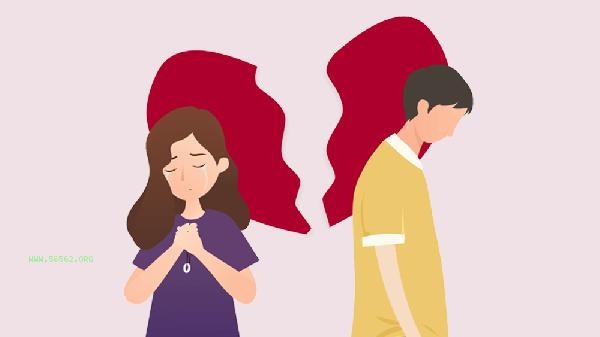The outcome of a man's divorce is usually closely related to his personal psychological adjustment ability, social support system, and economic status. Common development directions include actively rebuilding his life, falling into long-term depression, quickly entering new relationships, distancing himself from parent-child relationships, or experiencing career crises.

1. Actively rebuild life
Some men will achieve psychological growth through psychological counseling, cultivating new interests and hobbies, etc. This group often has strong emotional regulation ability and can rationally analyze the reasons for marriage failure. They usually establish healthier interpersonal boundaries, demonstrate higher tolerance and communication skills in subsequent intimate relationships, and may also achieve breakthroughs in career development due to mindset adjustments.
2. Men who suffer from long-term depression
and lack social support are prone to persistent feelings of failure, accompanied by somatic symptoms such as sleep disorders and changes in appetite, and some may develop into clinical depression. This type of situation is common in groups that place all their emotional value on marriage. If they do not receive professional intervention for a long time, it may lead to secondary problems such as alcohol dependence, and family and friends need to pay close attention to their emotional changes.
3. Quickly Entering a New Relationship
The practice of avoiding pain by immediately starting a new relationship has hidden dangers, as these men often have unresolved psychological issues from their previous relationship. Research has shown that the probability of a second divorce significantly increases for those who remarry in the short term after divorce, and common conflicts include economic disputes with their ex-wife, distribution of child rearing responsibilities, and other practical issues.

Fourth, estrangement from parent-child relationship
Changes in residence or lack of custody may lead to the absence of the father's role, and some men may deliberately avoid their children due to guilt. This alienation may lead to the trauma of abandonment in children. It is recommended to maintain emotional connection through regular video calls, joint participation in parent-child activities, and seek assistance from family therapists if necessary.
V. Career Crisis
Major life changes may affect work performance, especially in professions that require high levels of focus. Some men may experience a decrease in decision-making ability, tardiness, and absenteeism. It is recommended to communicate with superiors in advance to adjust the work pace, and if necessary, apply for short-term leave. Maintaining a regular schedule and moderate exercise can help maintain a stable professional state. The adaptation period after divorce usually takes 6-24 months. It is recommended that men establish a support network during this period, including friends, family, and professional counselors, to avoid major life decisions. Regularly conduct self-assessment of mental health, and seek medical attention promptly when experiencing sustained low mood or impaired social functioning. Maintaining moderate social activity and regular exercise can effectively relieve stress, and cultivating mindfulness meditation habits can also help with emotional management. In terms of economics, it is recommended to consult a professional lawyer to handle the division of common property and avoid any legal risks that may affect future life.









Comments (0)
Leave a Comment
No comments yet
Be the first to share your thoughts!